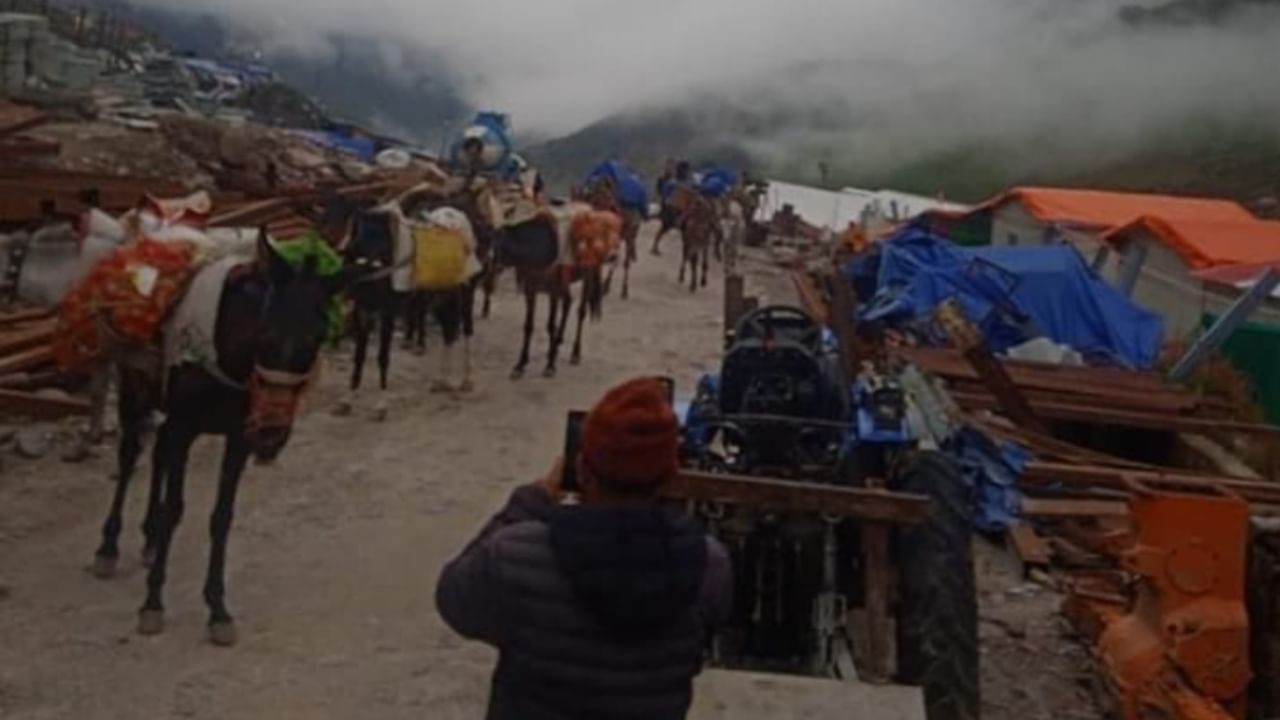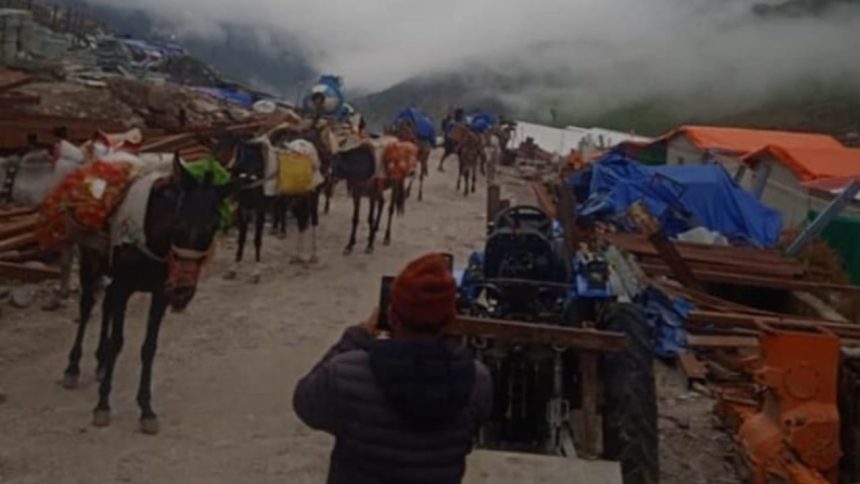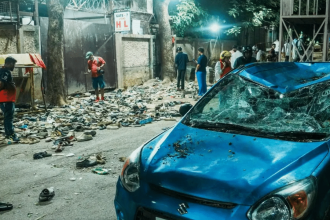
Dehradun: A sudden outbreak affecting horses and mules used in Kedarnath’s Char Dham Yatra has led to the death of 14 animals in just two days, sparking concerns among officials and devotees.
Authorities suspect equine influenza virus as a possible cause, although a central government team has been deployed to conduct a thorough investigation.
Concerns rise as equine deaths increase
To reach Kedarnath Dham, devotees often rely on horses and mules to cover the challenging 16 km trek. However, the sudden fatalities among these animals have disrupted transportation and raised fears of a widespread infection.
According to Dr. BVR Purushottam, Secretary of the Animal Husbandry Department, eight horses and mules died on Sunday, followed by six more on Monday. In response, the authorities halted their operations for 24 hours, allowing experts to assess the infection spread and determine preventive measures.
Central government team steps in
A special investigation team from Delhi will arrive on Tuesday to analyze the situation and confirm the exact cause of the deaths. While signs of equine influenza virus had been detected in Kedarnath’s horses and mules a month ago, recent RTPCR tests on affected animals have returned negative results, making officials question whether another disease is at play.
Extensive investigation already conducted
Authorities have been monitoring the health conditions of animals in the Char Dham region since early April. A mass screening of 16,000 horses and mules was conducted between April 4 and April 30, marking a record-breaking examination in the country. Of the tested animals, 112 were found to be infected, prompting isolation and treatment protocols. However, with new deaths occurring, the exact nature of the disease remains uncertain, requiring deeper analysis.
Strict guidelines for animal operators
Chief Minister Pushkar Singh Dhami has issued strict instructions to horse and mule owners, ordering a temporary halt in operations to prevent further spread of infection. Devotees traveling to Kedarnath have also been advised to opt for dandi-kandi (palanquin services) instead of animal transport until the situation is under control.
The registration process for horses and mules used in the pilgrimage will now only allow healthy animals, ensuring that no infected animals carry travelers to high-altitude zones. Those who test positive for any illness will be prohibited from operating for 15–16 days, allowing recovery before resuming services.
Experts warn that high-altitude stress or food contamination can also be potential causes
Although equine influenza remains a prime suspect, experts warn that other potential causes, such as high-altitude stress or food contamination, must also be considered. Further tests by the central government team will determine the definitive cause, ensuring effective prevention measures for upcoming weeks.
Raised serious concerns among pilgrims, locals, and officials alike
With the Char Dham Yatra in full swing, this mysterious outbreak has raised serious concerns among pilgrims, locals, and officials alike. While investigations continue, safety measures and temporary restrictions will help contain risks, ensuring devotees and animals alike are protected during the sacred journey.










